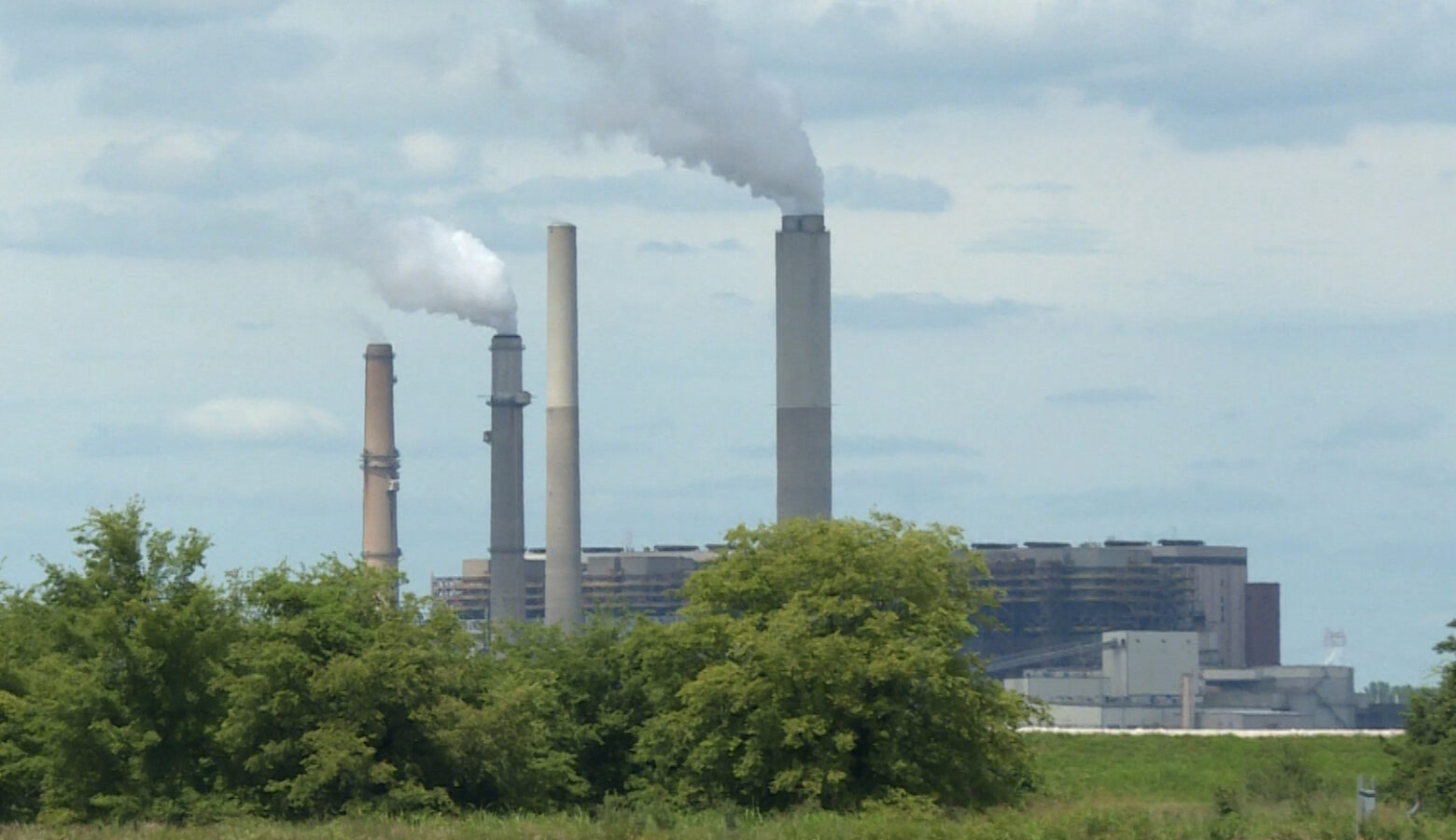How can industries across the state be held accountable for emissions and pollution?

How can industries across the state be tested and held accountable for pollution and emissions? One member of our audience inspired this question.
Gabriel Filippelli is the executive director of the Indiana University Environmental Resilience Institute.
He said industries around the state currently emit several forms of emissions — including particulate matter, or fine particles.
“A lot of industries do emit particulate matter,” he said. “And the reason why we focus on that a lot is that it produces a lot of the smog and a lot of the breathing and even stroke and heart attack issues that you see, among particularly vulnerable populations.”
Filippelli said these industries also tend to produce volatile organic compounds, or compounds that contribute to ozone formation and respiratory issues.
He said there are two main approaches that can be used to curb emissions.
One approach the government could take is continuing to offer financial incentives to ensure industries around the state don’t emit particulates and other harmful pollutants.
“For example,federal funding that has come from this administration, from something called the Inflation Reduction Act, which contributes a lot of money for carbon reduction,” he said. “And that money is not just to study the problem, it’s rather to actually implement real solutions.”
Filippelli said stricter regulatory standards can also help to reduce emissions.
“So, if we continue to want cleaner air and less dramatic climate change, we’ll continue making those more protective for human health,” he said. “So make those guidelines even more strict.”
However, he said industries can sometimes “cheat” on these standards without being constantly monitored.
Join the conversation and sign up for the Indiana Two-Way. Text “Indiana” to 765-275-1120. Your comments and questions in response to our weekly text help us find the answers you need on climate solutions and climate change at ipbs.org/climatequestions.
Filippelli said industries are often prepared to clean up any emissions and pollution when they know they will be regulated or checked in on. He said before these problems can be taken care of, regulatory agencies have to work through their process to identify emissions concerns.
“The Indiana Department of Environmental Management has to first find out there’s a problem and then go after them,” he said.
He said IDEM tends to be aggressive in going after industries going over their emissions regulations. However, he said communities can also be very helpful in allowing this process to push forward.
“We have the best detectors out there that aren’t scientific instruments,” he said. “They are our noses. And this is where communities — I’ve seen them be really important players in this — is that communities are smelling even when the regulatory agencies are not testing.”
He says reducing these emissions is necessary because it helps to reduce global emissions and the effects of climate change in the state.
Violet is our daily news reporter. Contact her at vcomberwilen@wfyi.org or follow her on Twitter at @ComberWilen.
